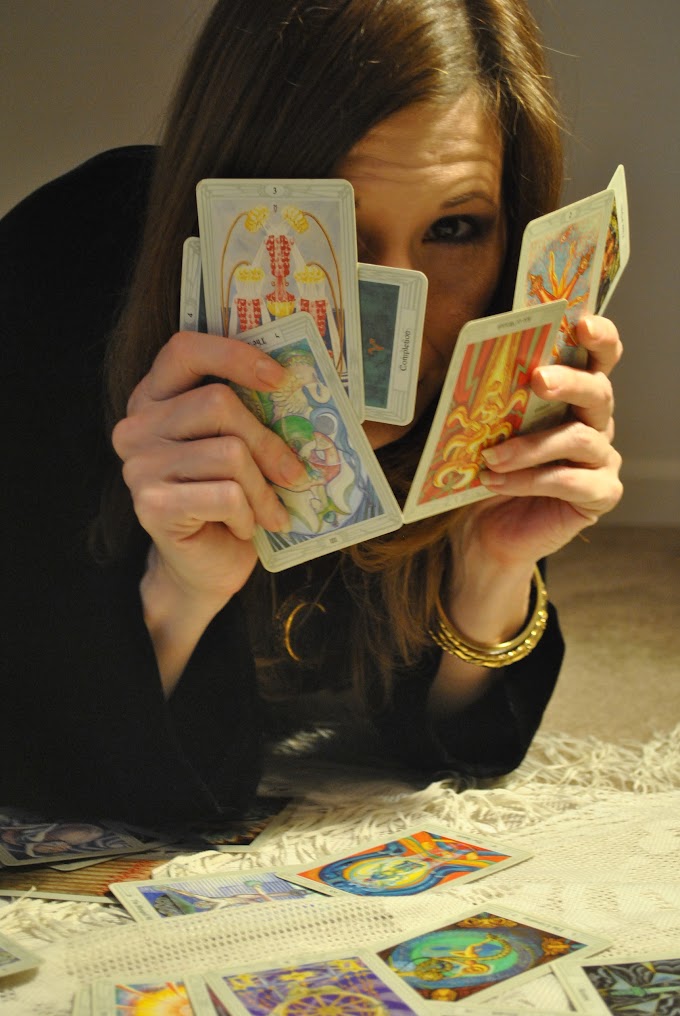A more overt co opting was seen in Latin America where the Spaniards, viewing the celebration of the Aztec Day of the Dead as sacrilegious and failing in their attempts to ban the celebrations, instead moved it from it's original position in the Aztec calendar (roughly around the beginning of August) to November 1-2 to coincide with All Saints and All Souls Days. The indigenous peoples of South America had a very different view of death than the Europeans. They saw life as a dream and death as waking from that dream and a continuation of life rather than an end to it. The buoyant atmosphere of the Day of the Dead contrasts with All Soul's Day's somberness in which prayers are offered to help loved ones pass through Purgatory into Heaven.
The practice of taking over existing cultural holidays and "Christianizing" them is something the Church has done practically since its inception. In a well-known speech to the Athenians in the 1st century, the Apostle Paul declares the deity they called "Agnostos Theos," or unknown god, was actually the Hebrew god, whose name was too holy to say. (Acts 17:22-31) There was a temple in Athens dedicated to this god, but it wasn't viewed so much as a deity itself but as a way the Greeks could cover their spiritual hindquarters in case there was a god that existed that they didn't know about and didn't want to inadvertently insult. Paul, being an educated scholar, used his understanding of the Greek culture and literature to sway his listeners to a different spiritual concept, but also using one that was already embedded in the culture. Conversion to Christianity, in Paul's experience, came as a dramatic "Aha!" moment in which he was struck blind for a time. When he could see again, it was as if he saw everything in creation in a new light with a new perspective. Therefore, the effort to convert others to Christianity involved, at least early in the history of the movement, persuading them to see their existing world through the lens of a Christian perspective. That Sun God you worship? That's the Son of God. The death and rebirth you witness each year on the earth? That symbolizes Christ's death and resurrection, and so on and so forth. It wasn't until the Church became a civil authority with the conversion of the Roman Emperor Constantine that it had the official power to not only persuade but demand certain feasts and festivals honor Christian concepts rather than pagan. Constantine himself was Roman and did not cease to be Roman after his conversion. Rather, he credited his successes to the Christian High God but continued to honor the Roman deities as well. In fact, he instructed that Christians and non-Christians alike were to observe the venerable day of the sun. This edict would lead to the transforming of the pagan holiday of Yule into Christmas, but Constantine was happy with it as it was.
Cultural practices are not easily eradicated. They are, instead, incorporated and evolve into a merging of borrowed observances until we often lose sight of their true origins. We end up observing a holiday just because we always have, because we were taught as children to do so, not even knowing why we do the things we do at those special times. While some people decry Halloween's increasingly gory displays, it is a valuable way for people to come to terms with their fears surrounding death. By dressing in costume and becoming that which we fear, we are for the moment the master of it. Likewise, by consciously attempting to step through the veil between the physical and non-physical, one feels more in control of otherworldly forces that would otherwise pop through unexpectedly. While we may not be literally paying homage to loved ones who have passed on, though many still do that at this time, observing Halloween gives us an opportunity to honor Death itself, giving it its due as a power beyond our control and understanding.
Meanwhile, as we don our costumes, attend parties and trick-or-treat, we are participating in an amazing cross-cultural, cross-spiritual event, whether we recognize it or not. We're paying homage to Death and, by extension, to Life. We're facing our fears, whistling in the dark, and honoring our ancestors who have all had to face the same ultimate end. We all participate in the dance macabre.

























